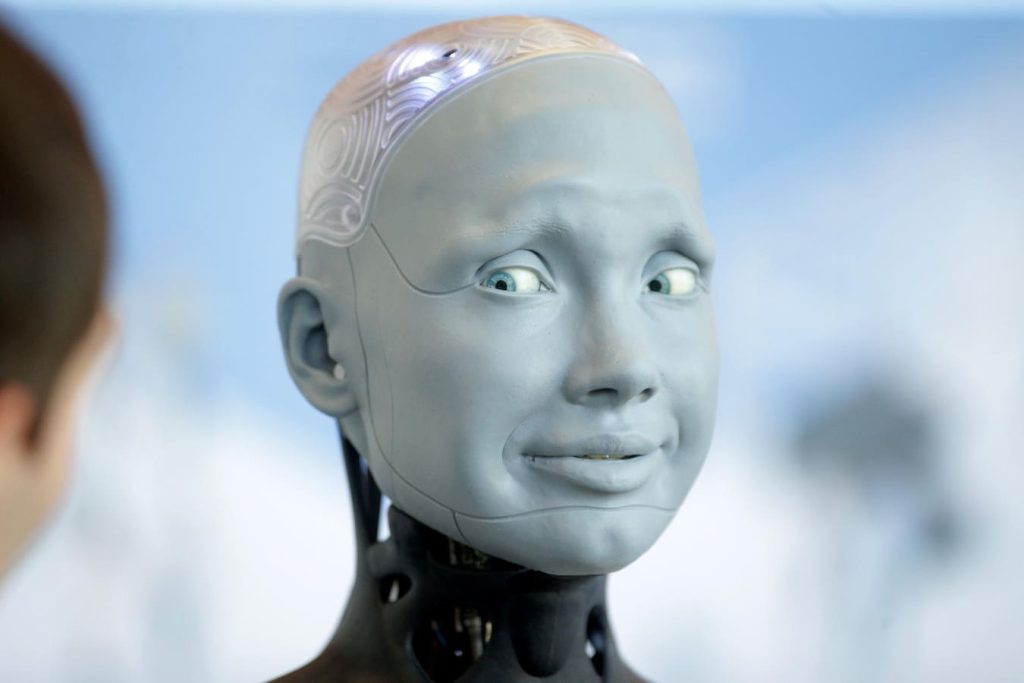The Harvard Business Review is leading the charge in arguing that AI will not replace managers, insisting that AI will enable knowledge workers to focus on value-adding activities where human expertise is indispensable. Other thought leaders, such as De Cremer and Kasparov, Martela and Luoma, and Lakhani, also believe that AI should augment human intelligence, not replace it. However, history has shown that thought leaders can be wrong in their predictions, such as the failure to predict the impact of social media or the decline of certain markets. It is possible that the current reassurances about AI not replacing humans may be misguided.
The potential for AI to displace knowledge workers is a growing concern, despite the reassurances from the likes of the Harvard Business Review. The power of AI, especially generative AI, is still relatively new and unpredictable. It is difficult to accurately predict the impact that AI will have on various professions in the future, especially as the technology continues to evolve. While short-term predictions based on current capabilities may be more reliable, long-term predictions based on general principles are uncertain.
Segmentation is essential when discussing the role that AI will play in different domains and industries. Some domains, such as medical imaging, are likely to see faster adoption of AI technologies. Generative AI, in particular, excels in tasks that involve creating new data or content. Higher education is one domain that is considered vulnerable to AI disruption, as the processes involved in teaching and learning are well-defined and conducive to automation.
It is important to move away from reassurances about what AI will not replace and acknowledge the potential for AI to replace knowledge workers in various domains. While the extent of AI’s impact may not be known for certain, there is a growing likelihood that machine learning and generative AI will replace a significant number of knowledge workers in the next few years. It is crucial to prepare for the possibility that AI will disrupt traditional roles and processes in the near future.
The historical examples of missed predictions by thought leaders serve as a cautionary tale about placing too much faith in current reassurances about AI’s limitations. The dynamic nature of technology and the rapid advancements in AI mean that the future impact of AI on the workforce is unpredictable. Rather than relying on general principles about human uniqueness, it is important to acknowledge the changing landscape of technology and the potential for AI to reshape traditional roles and industries. As AI continues to evolve, it is essential for organizations and individuals to stay informed and prepared for the potential disruptions that lie ahead.


